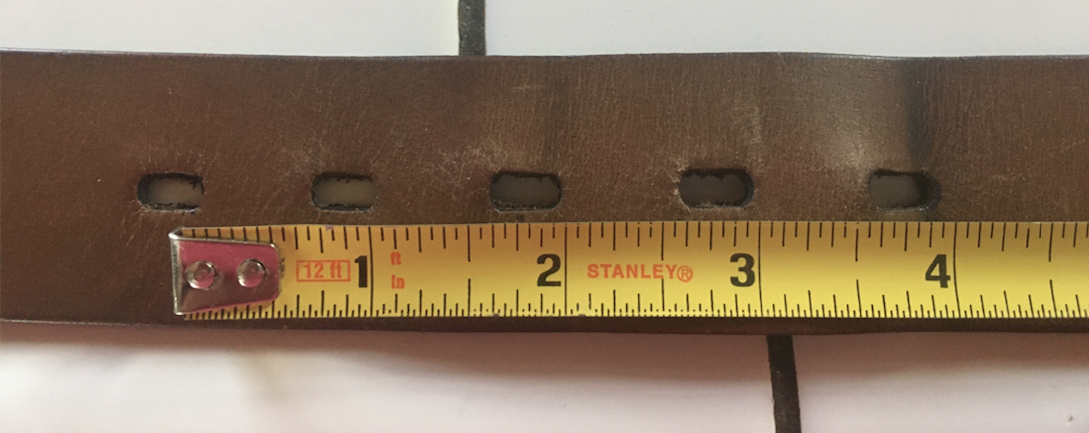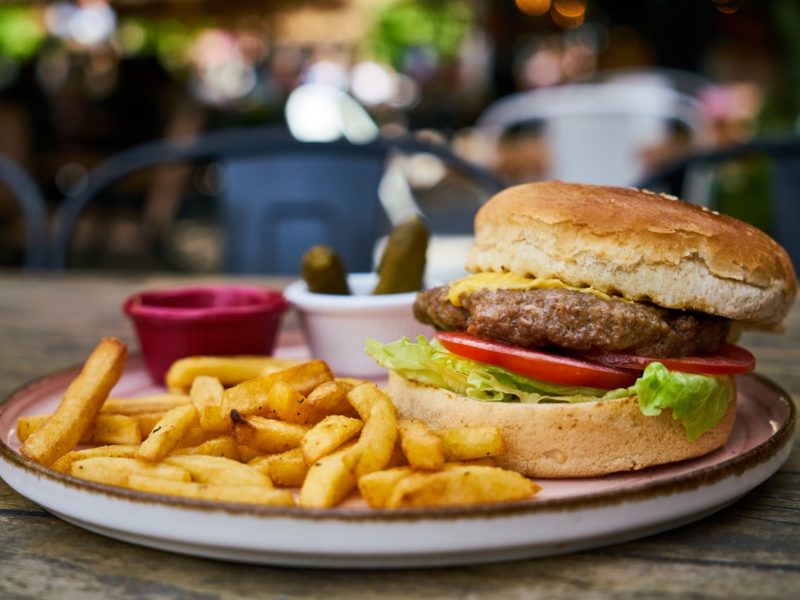When I started my health safari with intermittent fasting back in June of 2019, I felt like crap. I have no idea how many pounds overweight I was. But I can tell you I was wearing a size 38 men’s jeans, and extra large unisex T-shirts were starting to get snug around my belly. My only measurement would be how many inches off my waist I would lose.
Bending over to put on shoes or to pick something up was an effort. “Running” was nothing more than me looking like I was trying to run, but I was no faster than fast walking. I was easily winded, even just walking, and I could wear myself out just thinking about things to do.
Most all of the time I felt bad and I knew, since I was in my late 50’s, I needed to do something different if I wanted anything better. I spent hours on YouTube listening to a kidney doctor from Canada named Jason Fung. He had spent a lot of time working with kidney patients that were older, but also overweight. Many of his patients had type II diabetes. He found that when he would put them on intermittent fasting to break their insulin resistance, they would also come off their medications such as Metformin.
From the symptoms I had I knew that I too was also insulin resistant. I believed that intermittent fasting was something I needed to try. In years past I had had success losing weight on a high protein low carb diet. So I understood the process of ketosis and that your body burning keytones was a good thing. The problem was, I would go back to eating carbs and eventually I would re-gain the weight.
Getting started
When I started intermittent fasting I knew that scientifically it would cause me to lose weight. I also knew that eating meals that would conform to a ketogenic diet would also be advantageous, so I tried to eat low carb meals during my “feeding window”.
Because of the way my schedule was, I had a “feeding window” of six and a half hours to eat. Monday through Friday my lunch was at 12:30 PM, and I didn’t want to eat past 7 PM and often I would quit eating at 5 or 6 PM. For the first couple days, I don’t really recall for sure, I may have experienced hunger those days. But for the most part I did not experience a lot of hunger as a rule. Maybe I was lucky or maybe my schedule helped me, but I did not go through a lot of craving or desiring of food.
Seeing the inches off my waist on my belt
By about March 2020 I had lost 4 inches off of my waist. With the unknown of Covid19 beginning, I put my fasting on a pause because I could not go in and try on clothes if the stores were closed. Because I was wearing men’s jeans I was able to buy a pair of 34’s off the rack and was okay for a while.

What is ironic, is the fact that while I was making a point to eat something in the morning, I was still falling into the default of intermittent fasting. I was just fasting less hours a day. Instead of fasting 17 1/2 to 19 hours a day I was fasting 15 to 16 hours a day. And 16 hours a day is the recommended starting point for intermittent fasting. My weight loss continued, but at a slightly slower pace.
By about August 2020 I found a clogged lymph node on the right side of my neck. I pressed on it, thinking at first it was muscular and was a trigger point, but the whole right side of my neck swole up as a result. This began about a year of struggling with my lymphatic system, which I will talk about another post.
The take away from this post was that it took about nine months to lose 4 inches off of my waist, which was the bulk of my weight, probably in the neighborhood of 50 to 60 pounds.
Things need to change
I believe God looks out for us in ways that we don’t always see until it is hindsight. It is my belief that there were toxins released from my fat cells that my lymphatic system could not handle effectively. This resulted in clogging and backing up of my lymphatic system. It is possible that had I not slowed down my weight loss, my lymphatic system could have been completely overrun with toxins that it couldn’t handle that quickly.
If we are honest with ourselves, we would recognize that it is habits, repeated over years, that result in being overweight and in poor health. It takes time and the changing of those habits that are repeated over time, to permanently lose weight and improve health. While there is no quick fix, no magic pill to make it go away overnight, losing weight and improving health can happen faster than the time it took to get overweight and in poor health.
The key is we have to change. We can’t keep doing what we have always done and expect to get different results. Intermittent fasting and a ketogenic diet are tools to improve our health and get the results we want. There are other tools that I have started adding to my toolbox and I believe there may be more to be discovered.
You can follow my safari here since I will be sharing what I have learned and I am learning.
Join me on your own health safari. If you subscribe to my list I will send you the top 10 tips that helps me to be successful permanently losing weight.
P.S. Check out my article I’ve Lost Belly Fat! December 2021 Update if you want to know more recent info!


 Healthy Instant Pot Soup Recipes
Healthy Instant Pot Soup Recipes